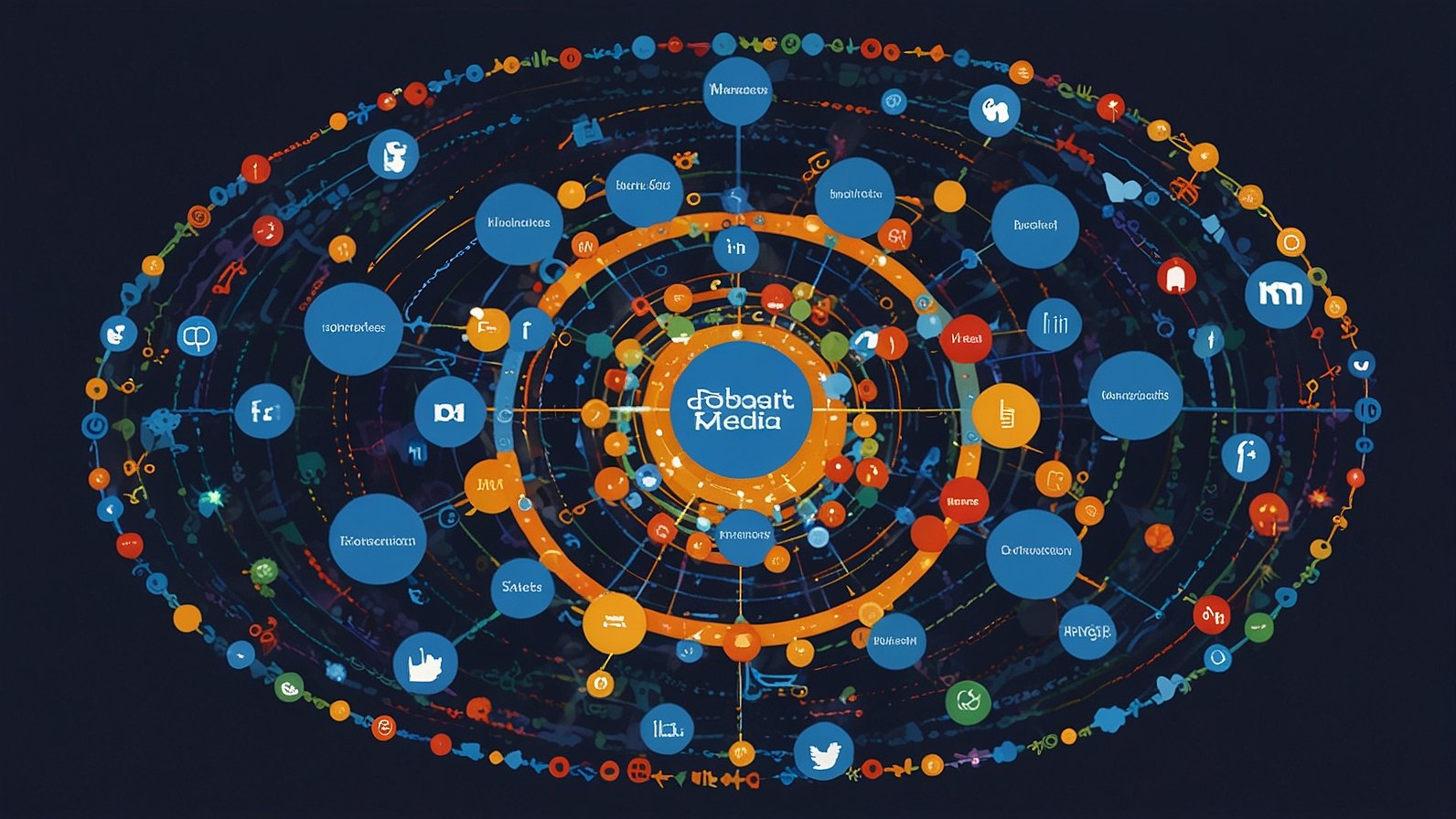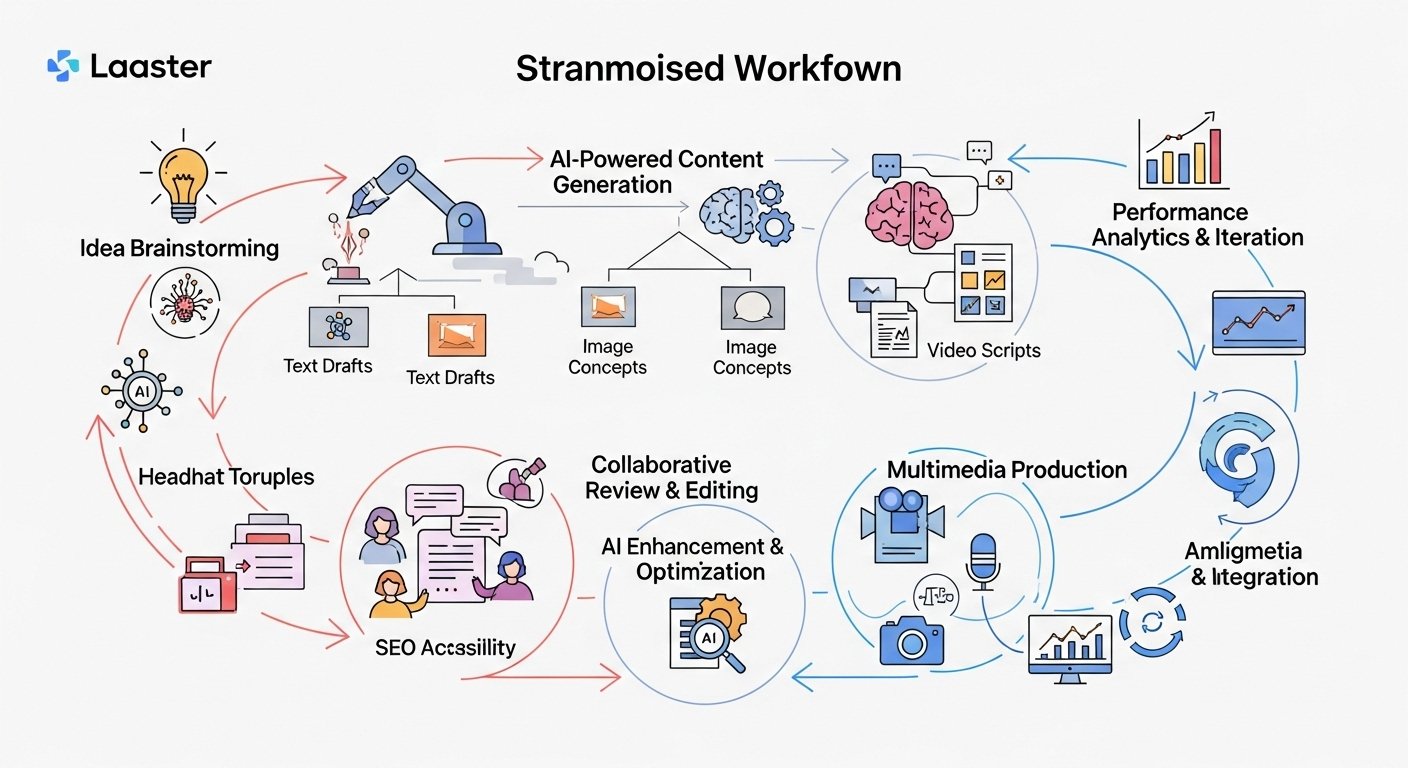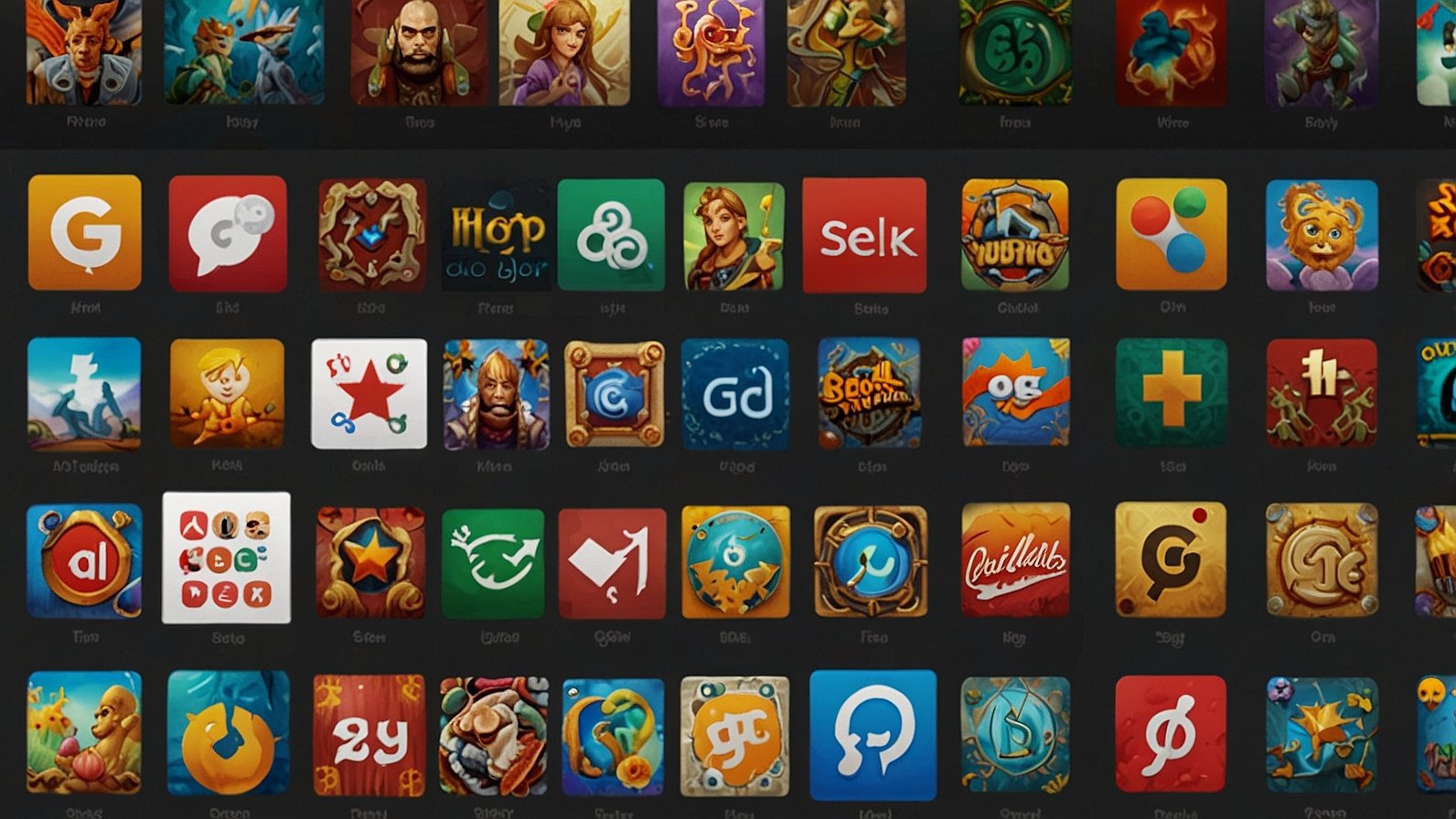Ever overheard a conversation at a local market where someone said, “I saw it on Fesbuka!” and did a double-take? You’re not alone. In the vibrant, often chaotic world of digital culture, platforms evolve not just in features, but in name. Fesbuka isn’t a new app trying to dethrone a giant; it’s something far more interesting. It’s the organic, grassroots nickname for Facebook that has taken root in various communities, from bustling city neighborhoods to small provincial towns. It represents Facebook stripped of its corporate sheen, transformed into the digital town square for local gossip, small business hustle, and family connections. This is the story of how a global platform gets a local flavor, and what it tells us about how we really use the internet.
What Exactly is Fesbuka? Unpacking the Local Lingo
Let’s clear the air right away. Fesbuka is not a separate website or a competing social network. Think of it like a beloved family nickname. Just as “Robert” might become “Bobby” to his close friends, “Facebook” becomes “Fesbuka” in certain social circles and geographic locations. This linguistic shift is a form of cultural appropriation in the best sense—people are taking a global product and making it their own.
This phenomenon is especially common in regions where English is not the first language. The name “Facebook” can be a mouthful, so it naturally gets shortened, adapted, and sometimes even misspoken until a new, easier-to-pronounce version sticks. Fesbuka is that version. It signals an informal, almost intimate relationship with the platform. You don’t post your perfectly curated vacation album to “Fesbuka”; you use it to check on a neighbor’s sari-sari store hours or see photos from a local fiesta.
Key characteristics of the Fesbuka mindset include:
- Hyper-local Focus: The feed is dominated by community announcements, local news, and neighborhood chatter.
- Informal Communication: Grammar takes a backseat. Comments are often in a mix of English and local dialects.
- A Hub for Small Commerce: This is where the local baker posts today’s menu or a freelance plumber announces their services.
The Digital Town Square: How Fesbuka Builds Community
Before the internet, community news traveled through word-of-mouth at the town well or the local market. Today, that well is often a Fesbuka group or a densely interconnected web of friends and family on the platform. This digital town square serves powerful, tangible purposes that go far beyond simple social scrolling.
Bridging Generations and Geographies. For families with members working overseas, Fesbuka is a lifeline. It’s where a grandmother sees a photo of her grandson’s first day at school in real-time, or where an overseas worker can virtually attend a hometown birthday party through a live video. The platform, under this casual name, becomes a tool for preserving cultural and familial bonds across vast distances.
The Engine of the Hustle Economy. For many small entrepreneurs, a formal business website is an unaffordable luxury. But everyone has a “Fesbuka” account. This is where the real hustle happens.
- Tita Baby’s Home-Cooked Meals: A home cook can post her daily specials, take orders through Messenger, and receive payments via simple cash-on-delivery.
- Kuya Joe’s Repair Services: A handyman can share photos of his latest projects, building a portfolio and credibility through customer testimonials directly on his posts.
Common “Fesbuka” Business Models
| Business Type | Typical Fesbuka Activity | Primary Tool |
|---|---|---|
| Home-Based Food Vendor | Posting daily menu photos, sharing location | Timeline Posts, Messenger |
| Online Reseller | Uploading albums of new products, running flash sales | Photo Albums, Comments |
| Local Service Provider | Showcasing completed jobs, sharing availability | Timeline Posts, Recommendations |
| Community Event Planner | Announcing fiestas, meetings, and fundraisers | Events, Groups |
Navigating the Quirks: The Do’s and Don’ts of Fesbuka Culture
Engaging with this layer of Facebook requires a different etiquette than you might use on your professional profile. The rules are unwritten but fiercely followed by its users.
Do: Embrace the Authenticity. The content here is raw and real. Don’t expect high-production videos. A shaky phone video of a local singing contest is often more valued than a polished ad. Engage with it on its own terms—leave a heartfelt comment, share the post with a neighbor who might be interested.
Don’t: Be the Formal Bore. Correcting someone’s grammar or complaining that a post is “not how you use Facebook” is a surefire way to be ignored. The whole point of the Fesbuka sphere is its freedom from corporate and formal norms.
Do: Support Local. See a post from a neighbor starting a small business? Even a simple “like” or “share” can dramatically increase their reach. The algorithm here is powered by community engagement, not ad spend.
Don’t: Feed the Trolls. Just like anywhere online, disagreements happen. However, in tight-knit digital communities, arguments can spill over into real life. It’s often best to disengage from unproductive negativity.
From Local Slang to Marketing Gold: Leveraging Fesbuka for Your Brand
If you’re a business owner, especially one targeting a specific local community, understanding the Fesbuka mindset is a superpower. It’s the key to unlocking genuine connections and driving growth.
Case Study: The Success of “Sari-Sari Store Ni Aling Maria”
Aling Maria ran a typical small convenience store. Her grandson helped her create a “Fesbuka” page. Instead of formal ads, they posted:
- Short videos of new snacks arriving.
- Photos of the “Tinda of the Day” with prices.
- Updates on their mobile loading station.
They used colloquial language and responded to every comment personally. Within months, the page became the neighborhood’s go-to for quick purchases, and Aling Maria’s sales increased by over 30%. The strategy worked because it wasn’t a corporate strategy; it was a community strategy executed on a social platform.
Actionable Tips for Tapping into the Fesbuka Vibe:
- Ditch the Corporate Jargon. Talk to your audience like a neighbor, not a corporation. Use the language they use.
- Be Visually Casual (But Clear). You don’t need a studio. You need good lighting and a clear photo of your product. Authenticity trumps polish.
- Engage, Don’t Just Broadcast. Ask questions, run polls in your Stories, and respond to comments. Make your page a two-way conversation.
3 Actionable Tips to Embrace Your Inner Fesbuka Today
Whether you’re an individual looking to connect or a business aiming to grow, here’s how you can start engaging with the spirit of Fesbuka.
- Join and Participate in Local Groups. Search for groups based on your neighborhood, city, or a specific hobby in your area. Don’t just lurk; introduce yourself and contribute to discussions.
- Hyper-Target Your Friend List. Create a “Close Friends” or “Custom” list for your local connections. This allows you to share those hyper-local posts (like “Is the water scheduled to be cut off tomorrow?”) with the right audience without bombarding all your contacts.
- Use Visual Storytelling. Share moments, not just announcements. A quick video showing the busy morning at your café or the process of creating your craft makes people feel involved in your journey.
The digital world is vast, but our deepest connections are often local. Fesbuka, in all its informal, misspelled glory, is a testament to that. It’s a reminder that technology is at its best when it serves human community, not the other way around. So the next time you log on, maybe take a moment to explore the digital town square right at your fingertips. You might be surprised by the community you find.
What about you? Have you encountered “Fesbuka” in your own community? Share your most interesting or funny local Facebook story in the comments below!
You May Also Read: aaryaeditz org: Your Fast-Track to Stunning, Trendy Video Edits?
FAQs
Is Fesbuka a real, separate website from Facebook?
No, absolutely not. Fesbuka is simply a colloquial or slang nickname for Facebook itself. It’s a cultural reference, not a different platform or website.
Why do some people call it Fesbuka?
The primary reasons are pronunciation ease and linguistic adaptation. In many languages, “Facebook” is phonetically challenging, so it naturally gets shortened and modified into a name that feels more local and natural to say.
Is it safe to use Facebook if people are calling it Fesbuka?
Yes, the safety and security are the same as using Facebook. The nickname doesn’t change the platform’s underlying structure or privacy settings. You should still follow best practices for online safety, like managing your privacy settings and being cautious about sharing personal information.
Can I use the term “Fesbuka” in my marketing?
You can, but you must be cautious. It works brilliantly if your brand voice is casual and your target audience uses the term. However, if used incorrectly, it can come across as trying too hard or inauthentic. Know your audience first.
How can I find these local “Fesbuka” communities?
The best way is to use Facebook’s own search function. Look for “Groups” using keywords like your town name, your neighborhood, or local interests (e.g., “Parents of [Town Name] School” or “[City] Food Lovers”).
What’s the main difference between Facebook and the “Fesbuka” concept?
Think of “Facebook” as the entire global platform with all its features—News Feed, Marketplace, Watch, etc. “Fesbuka” refers to the specific, localized use of that platform, focusing almost exclusively on community, family, and small-scale commerce within a tight-knit circle.
Is this phenomenon unique to Facebook?
Not at all! Similar local nicknames and adaptations exist for many global platforms. For example, YouTube might be called “Youtube” (pronounced differently) or “YT,” and Google is often used as a verb (“I’ll google it”) regardless of the actual search engine used.










